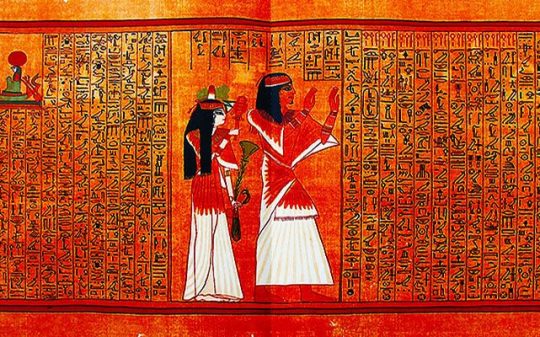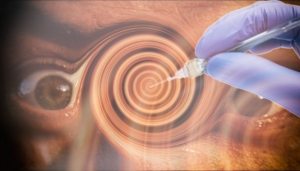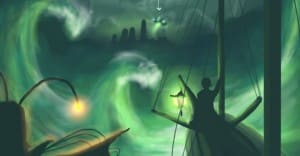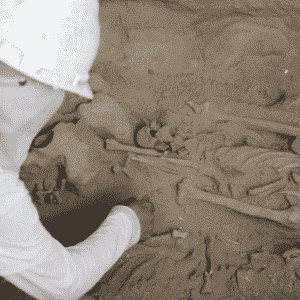Back in 1897, two British students delved into a sand dune at the site of the ancient Egyptian metropolis of Oxyrhynchus, approximately 200 km of Cairo, and what they’ve unearthed there was about to change their careers forever. After a few hours of digging, they came across an ancient pile of rubble containing over 500,000 ancient Egyptian scrolls.
Until 2012, researchers have tried to read and translate the ancient papyruses, but they only managed 5,000 of them from a total of half a million, which overall represents only one percent of the total unearthed documents. Because the ancient texts proved to possess valuable information, they thought of a way to get more help, so a team led by Dirk Obbink from Oxford University in the UK gathered more than 250,000 volunteers who were found of perfecting their ancient Greek alphabet skills while also helping with the translating job that has taken researchers more than a century so far to complete.
“By allowing public access to one of the largest unfinished archaeological projects in the world, we have been able to move beyond one scholar with a papyrus and a magnifying glass, to transcribe between 100,000 and 200,000 more texts – some of which had been partially eaten by worms, or used to wrap fish, or worse,” Obbink said in a statement.
The Ancient Lives Project started in 2014, and it offers the chance to any person that has basic knowledge of ancient Greek to help translate these unique and sometime mysterious scrolls. After the initial job is done, the transcript goes through an electronic process that compares the data from existing texts to assure for an accurate translation.
“Even school children who have simply been taught the letters of the Greek alphabet can do it,” Obbink said.
After more than a year of waiting, the first results of the Ancient Lives Project were revealed at the World Monuments Fund meeting in London, and it appears that what the two boys unearthed more than a century ago holds valuable ancient knowledge, despite the dump in which they found the scrolls.
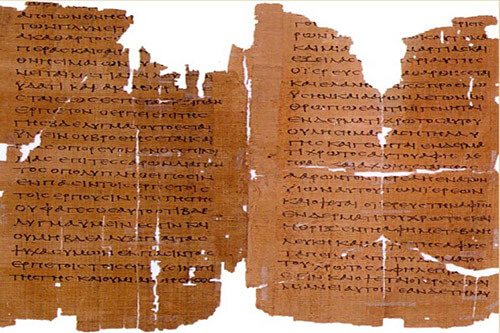
“The finds … range from official documents – a 3rd Century doctor’s official report on the ‘twisted and lifeless body’ of a drowned slave girl – to the literary, including an extract from Andromeda, a lost tragedy written by Euripides and thought to have been first produced in 417 BC,” Lusher reports for The Independent.
“That was like finding a new speech in a play by Shakespeare, Obbink added. It’s amazing what gets thrown out in the rubbish.”
The compilation of scrolls, which are mostly from between the 1st Century BC and the 7th century AD, consist of timeworn plays, various Biblical stories, and even shopping lists. Jack Malvern offered more details in an article from The Australian.
“Another fragment studied in 2011 revealed a lost gospel that features an early version of a story about Jesus casting out demons from possessed men. The story appears in the gospels of Luke (viii, 26-33) and Matthew (viii, 28-32), both of which were written down later, but their versions include an additional detail about the demons being transferred into pigs, which then drowned themselves in a nearby lake.”
Other 24 medical texts were also translated, together with a cure for hangover based on exotic plants. The transcribing project is still running, so if you pose an appetite for ancient Greek alphabet you have a chance to enroll over here. After all, if you’re into history, you won’t find a more pleasant occupation than reading these unique texts of the old Egyptian people. If you liked the story but don’t know much of ancient Greek, you can still read some of the transcripts here, and don’t forget to share the word.
